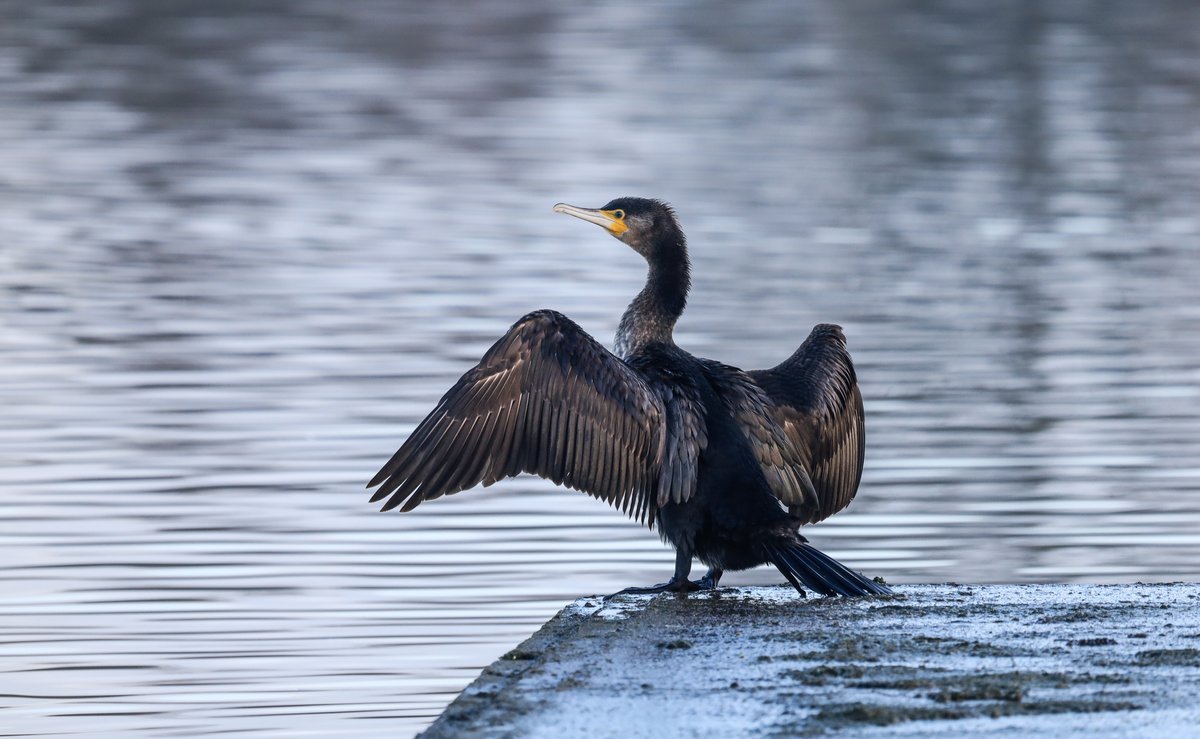
What can a bird tell us about prejudice? What relevance might the history of racism and other forms of human alienation have for zoology and bioscience?
Contemporary debates about animals underline the extent to which socio-cultural and scientific understandings of human relations with the natural world can diverge. Prejudice against animals and prejudice against categories of human intersect through the cultural resonances of terms routinely deployed in natural science – ‘native’, ‘invasive’, ‘migrant’ – in ways that have yet to be fully understood. My project is designed to address these issues by relating the cultural history of a particular creature that has over time been the vehicle of prejudice: the cormorant.
The history of the cormorant is a history of prejudice. It has been associated with greed and usury and deployed antisemitically; in contemporary culture, it is drawn into a range of prejudicial discourses from anti-immigration rhetoric to the language of loathing of the European Union. The story of the cormorant demonstrates how human discourses of prejudice extend to non-human creatures, the persistence of these discursive displacements, and the variations in the form they take across time and cultures.
Project title:
Cormorant: A Natural and Cultural History of Prejudice
Area of research:
Literary and cultural studies
Fellowship period:
1 Feb 2022 - 31 Jul 2023
Fellowship type:
AIAS-COFUND II Marie Skłodowska-Curie fellow


This fellowship has received funding from the European Union’s Horizon 2020 research and innovation programme under the Marie Skłodowska-Curie grant agreement No 754513 and The Aarhus University Research Foundation.
